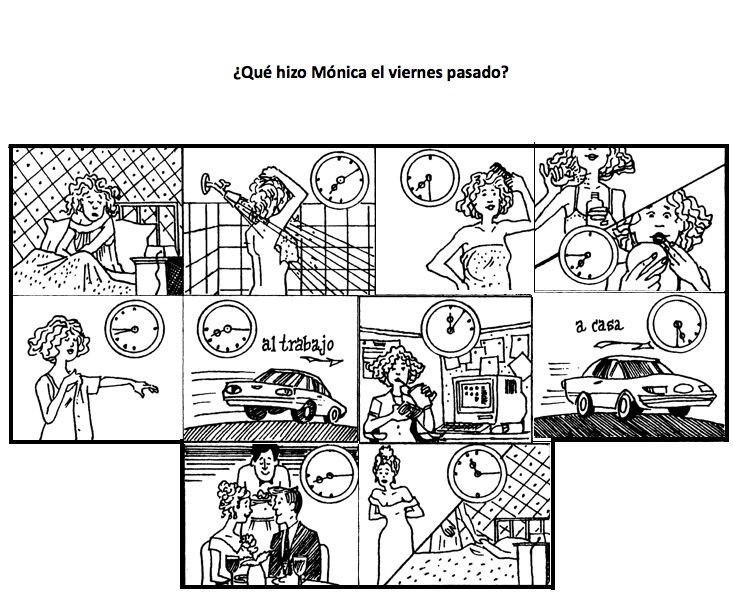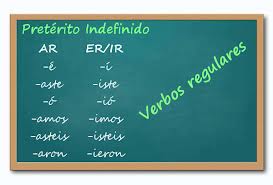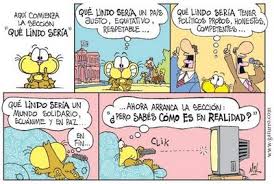The prepositions “PARA” and “POR” don´t have an exact translation into English. Here we explain you when to use each one. Hope it helps you to understand when to use “por”, when “para” in Spanish.
| PARA | POR |
| a. Propósito/ objetivoLeo para aprender.
Vine para trabajar. |
a. Causa, razón, motivoNo vine por la tormenta
Fue detenido por contrabando |
| b. Utilidad, funciónMáquina para café.
Ropa para fiesta. |
b. MedioHablamos por teléfono
Nos comunicamos por carta. |
| c. DestinoSalgo para Londres.
Voy para mi casa. |
c. A través de/ espacio no definidoEl ladrón entró por la ventana.
Caminamos por el centro. |
| d. Fecha límiteEl informe es para abril.
Hacé este trabajo para el lunes. |
d. Autor, agente (voz pasiva)Las casas son diseñadas por arquitectos.
Pedro fue atacado por un delincuente. |
| e. DestinatarioEl libro es para vos.
Tengo un mensaje para usted. |
e.Cantidad de tiempoVoy a España por dos semanas.
Van a quedarse por dos años. |
| f. Punto de vistaPara mí, esto no es correcto. | f.Cantidad de dineroLo compramos por $10. |
| g. Canje, reemplazo, sustitutoCambió la moto por un auto 0Km
Pérez trabajó por mí mientras no estuve. |
- Completá con “por” o “para”
- Venimos _______________ comunicarte que la reunión fue un éxito.
- ___________________ lo que dice en su carta, se está diviertiendo mucho.
- Le tiró todas sus cosas _______________ la ventana.
- ___________________ mañana quiero este trabajo listo.
- ____________________ ir de mochilero al sur, no necesito mucha plata.
- Fue declarado inocente _____________ el tribunal, pero ___________ mí es culpable.
- La enfermera pidió alcohol _______________ limpiar la herida.
- Creo que la carta es _____________ vos.
- La historia que me contaste es ______________ morirse de risa.
- Dejemos este trabajo ___________ ahora y sigamos con el informe _________ el viernes.
- Engordó muchísimo. Lo que pasa es que come _____________ ansiedad.
- Compramos cerveza, vino y gaseosas ___________ la fiesta del sábado.
- Trajeron regalos ____________ toda la familia.
- Lo eligieron ______________ este puesto ___________ sus antecedentes.
- Estamos preocupados _________________ su salud.
- Dijeron ___________ la radio que el tiempo mejoraría mañana.
- Me voy a trabajar a Venezuela ____________ dos años.
- No vinimos _____________ divertirnos sino __________ resolver un problema.
Answers: 1) para, 2) por, 3) por, 4) para, 5) para, 6) por, para, 7) para, 8) para, 9)para, 10) por, para, 11) por, 12) para, 13) para, 14) para, por, 15) por, 16) por, 17) por, 18) para, para.
Hope this grammar explanation and exercise helped you to understand When to use “por”, when “para” in Spanish!




